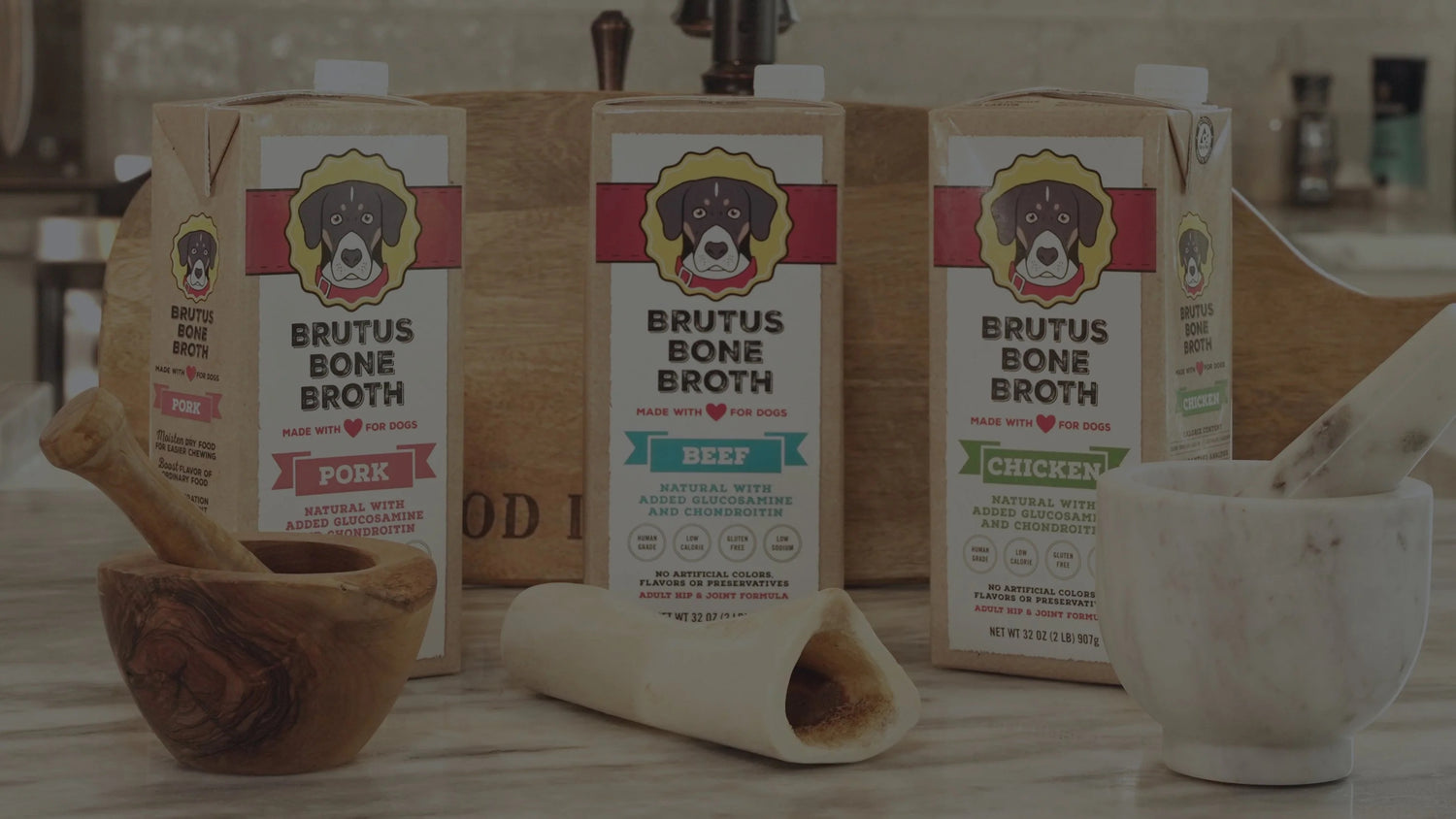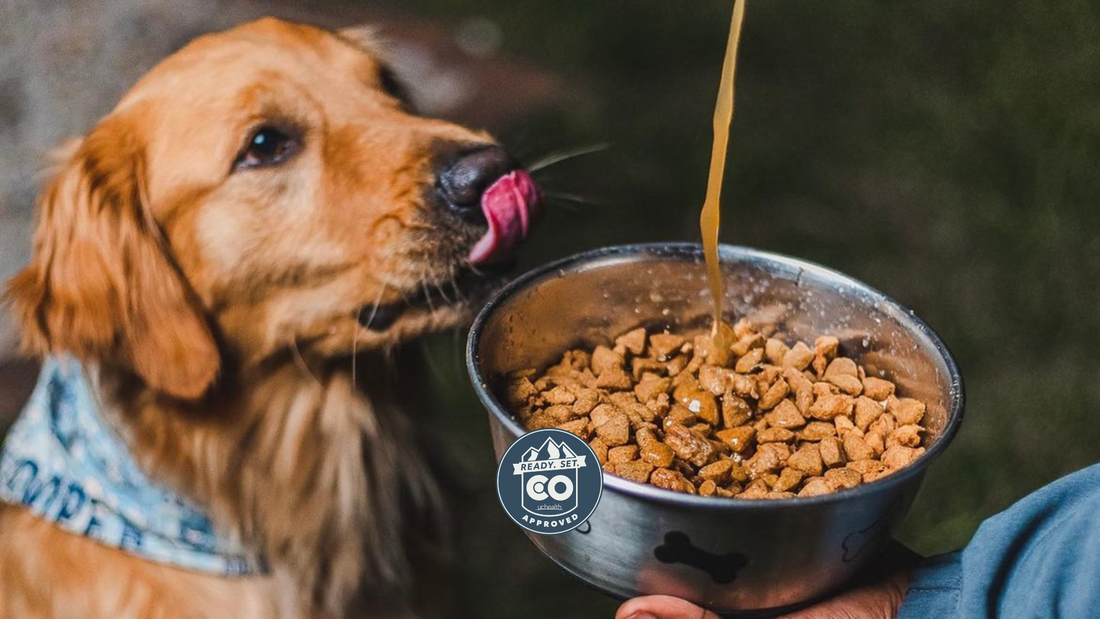Everyone loves to pamper their pets to the extent that there is no lacking in giving them the best of everything. As a pet owner, you know firsthand the crucial role that nutrition plays in promoting the health and well-being of your furry friend. It's not just about filling their bowls with any old kibble - providing our pets with the right balance of nutrients is key to ensuring that they live their happiest, healthiest lives.
The food that your pet eats provides them with the necessary nutrients to support growth, maintain a healthy weight, and keep their body functioning properly.
Oftentimes first time as well seasoned pet owners often make mistakes with feeding in excess, or only feeding one type of food that can devoid your pet from getting wholesome nutrition.
That's why you need to turn to veterinary nutritionists for their expertise in suggesting you with right nutrition plans that meet the unique needs of your pets, and setting them up for a long and healthy life by my side.
In this article we will dive into the role of nutrition and veterinary nutritionist in understanding your pet’s needs as per their breed.

Common Nutritional Challenges for Pets
As talked before, first time pet owners may end up with several common nutritional challenges while feeding their pets. These challenges may vary depending on the age, breed, and health status of the animal. Some of the most common nutritional challenges for pets include:
Obesity: Obesity is a growing problem for pets in today’s time. Sometimes pet owners don’t really know how much they need to feed their dog leading to obesity. This can lead to several health issues, including joint problems, diabetes, and heart disease. Maintaining a proper schedule, and feeding a balanced diet and providing regular exercise can help prevent obesity in pets.
Food allergies: Some pets may develop food allergies or sensitivities depending on the weather or certain food elements, which can lead to skin problems, digestive issues, and other health problems. Identifying and avoiding the allergen can help manage these conditions.
Dental health: Feeding a diet that promotes dental health, such as kibble or dental chews, can help prevent dental problems in pets.
Digestive problems: You must have often noticed your pet throwing up or having stool inconsistency. That could be due to some digestive problems, such as diarrhea, constipation, and vomiting, which can be caused by a variety of factors, including diet. Feeding the right food and addressing any underlying health conditions can help manage these issues.
Nutritional deficiencies: If your pets are picky eaters or not getting appropriate nutrients in their diet, it can lead to a variety of health problems, including growth and developmental issues, immune system problems, and skin and coat problems.
It’s the small little things that can make a lot of difference in managing good health in otherwise sensitive pets. Since we humans have changed their basic food searching instinct, we have to be responsible for ensuring that our pets are getting right nutrition not less, not much.

The Role of Veterinary Nutritionists in Pet Health
When you are not able to identify the cause of your pets' health issues due to nutritional causes, it is time to consult a veterinary nutritionist, says vet experts at leading veterinary hospital Bond Vet. These professionals are specialized veterinarians who formulate balanced diets that meet the unique nutritional needs of pets.
They provide pet owners with information and guidance on proper nutrition for their pets, and advice on selecting appropriate commercial pet foods or preparing homemade diets.
Ask for customized nutrition plans for your pets to improve overall health. Veterinary nutritionists can help pet owners and other veterinarians to develop tailored nutritional plans to the specific needs of individual pets. They would take into account factors such as age, breed, activity level, and health status to suggest a balanced diet that meets the pet's requirements.

Addressing Special Nutritional Needs in Young and Senior Pet
It’s a well known fact that pets in different age groups require different nutrition intake. Young pets, particularly puppies and kittens, require a diet that is high in protein and fat to support their growth and development. The food can include high quality canned or wet food for easier digestion rich in optimum protein, fat, vitamins, and minerals.
Veterinary nutritionists can suggest right feeding schedules and portion sizes to ensure that young pets are getting the nutrition they need without overfeeding.
Senior pets, on the other hand, may require a diet that is lower in calories and fat to help maintain a healthy weight and prevent obesity.
Veterinary nutritionists suggest that feeding your pet with bone broth can be a beneficial addition to the diet of senior pets. As pets age, they may experience reduced appetite, digestive issues, and joint stiffness, and bone broth can help address some of these issues.
In addition to these dietary considerations, veterinary nutritionists can also address special nutritional needs related to specific health conditions in young and senior pets.
For example, young pets may be at risk of developing orthopedic conditions such as hip dysplasia, and veterinary nutritionists can develop diets that help support joint health.
Senior pets may be at risk of developing cognitive decline, and veterinary nutritionists can develop diets that include nutrients to support cognitive function. Offer your furry friends a range of tasty homemade options such as shepherd's pie, pumpkin bone broth acorn treats, frozen watermelon treats, and more such bone broth recipes to provide them with a diverse diet.
To offer a balanced and healthy nutrition to your pets, their diet should include the following nutrients:
Protein: A key nutrient that is essential for the growth, maintenance, and repair of tissues in the body. Good sources of protein for pets include meat, poultry, fish, and eggs.
Carbohydrates: An important source of energy for pets, carbohydrates should come from sources such as whole grains, vegetables, and fruits.
Fat: An essential nutrient that provides energy, aids in nutrient absorption, and helps regulate body temperature. Good sources of fat include fish, poultry, meat, and plant-based oils.
Vitamins: Essential for maintaining overall health, vitamins should be included in your pet's diet. Good sources of vitamins include fruits and vegetables, as well as fortified pet foods.
Minerals: Essential for strong bones, teeth, and other bodily functions, minerals should also be included in your pet's diet. Good sources of minerals include meat, dairy products, and plant-based foods.

Impact of Nutrition on Chronic Health Conditions in Pets
Chronic health conditions, such as diabetes, kidney disease, and arthritis, require a specialized nutrition plan to help manage the condition and improve the pet's quality of life. Here are some examples of how nutrition can impact chronic health conditions in pets:
Diabetes: Pets with diabetes require a diet that is low in carbohydrates and high in protein and fiber. This helps to regulate blood sugar levels and prevent spikes in insulin. In some cases, weight loss may also be necessary to help manage diabetes.
Kidney disease: Pets with kidney disease require a diet that is low in phosphorus and high in high-quality protein. This helps to reduce the workload on the kidneys and slow the progression of the disease.
Arthritis: Pets with arthritis benefit from a diet that is rich in omega-3 fatty acids, which have anti-inflammatory properties. This can help to reduce joint pain and inflammation, and improve mobility.
Inflammatory bowel disease: Pets with inflammatory bowel disease require a diet that is easily digestible and low in fat. This can help to reduce inflammation in the digestive tract and improve nutrient absorption.
In summary, pet owners should work closely with their veterinarian to develop a nutrition plan that is tailored to their pet's specific needs and condition.
Always remember that supplements should not be used as a replacement for a balanced and complete diet.


